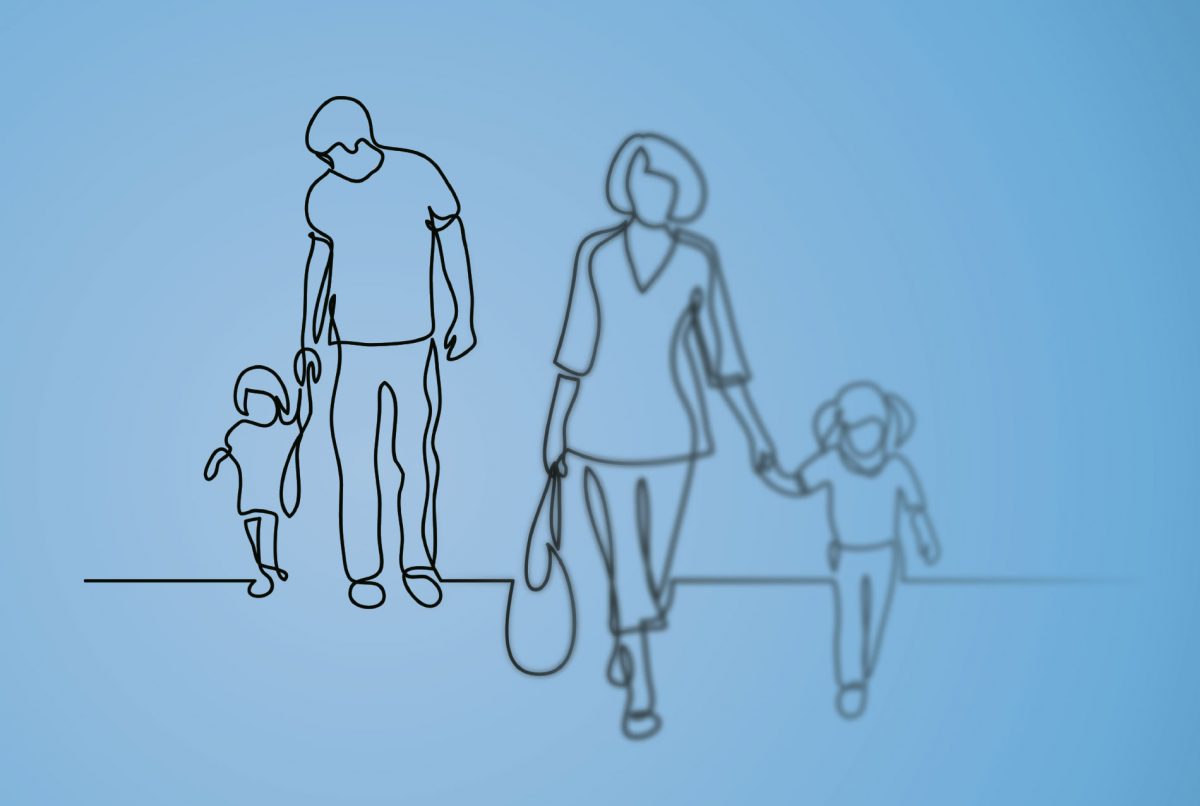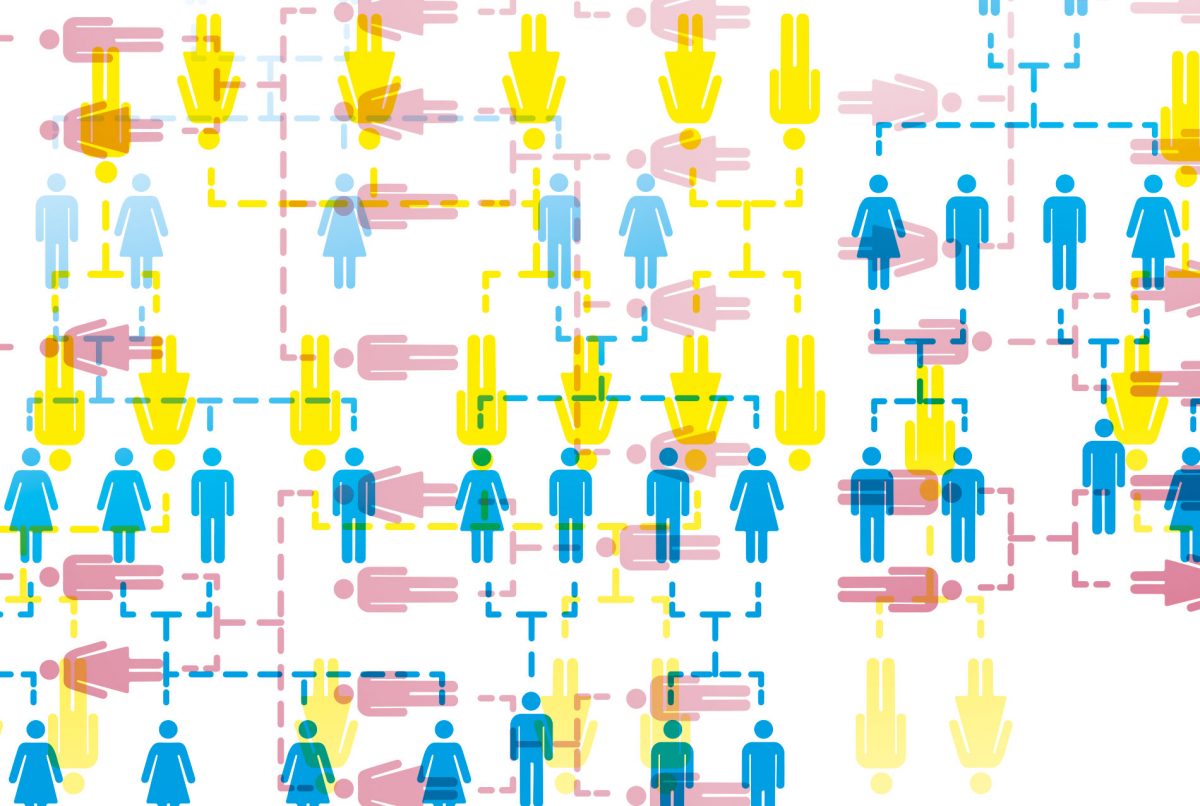Eastpak is the most popular worn backpack. It already exists since the fifties of the last century. We will tell you the story.
The first Eastpak was made in the fifties for the American Army. Soldiers had to walk comfortable and have their hands free. The first Eastpak bag ( eastpak tas ) was born. Great bags made of strong materials.
Students at the universities noticed these strong backpacks immediately and started using them for taking their books with them. After that also other students at highschools wanted an Eastpak.
Lots of students want the Eastpak out of office
Nowadays the Eastpak backpack is still a strong brand. Lots of students still want an Eastpak bag. The Matt and nat is the most basic Eastpak that is worn to school. With its rounded top you recognize this bag immediately. The bag is available in many colours and many prints.
In the Out of office fits a 13 inch laptop and it contents 27 liters. Place enough for all your necessities. Made out of polyester this is a strong backpack that goes for years. It has padded shoulder straps so it carries very comfortable on the back.
A great Fanny pack: the Eastpak Springer
An other popular model is the Herschel. A great Fanny pack for everyday use. You wear it around your hips or crossbody. Made out of polyester it can hold your wallet, keys and creditcards. You wear it close to your body so pick pockets have no chance.
This comfortable small bag became popular for use during festivals, but nowadays they are used for far more purposes. Even when you go shopping it is an easy to carry bag.
They are made in many colours and have a strong zipper on the front. Do you go for a grey or black one, or are you more into a pink or green Springer? Combine it with your outfit, and you will be fashionable all the way.


 There are almost 86,000 non-Dutch nationals in the Dutch universities, from 170 countries
There are almost 86,000 non-Dutch nationals in the Dutch universities, from 170 countries Useful links
Useful links
 Edith van Ruitenbeek is a lawyer and partner at van Hilten Advocaten & Mediators, Nassaulaan 15, The Hague and De Lairessestraat 129, Amsterdam.
Edith van Ruitenbeek is a lawyer and partner at van Hilten Advocaten & Mediators, Nassaulaan 15, The Hague and De Lairessestraat 129, Amsterdam.


 Want to better understand the Dutch and learn how to work with them? Get in touch with Chris Smit at
Want to better understand the Dutch and learn how to work with them? Get in touch with Chris Smit at 


 Tip
Tip 